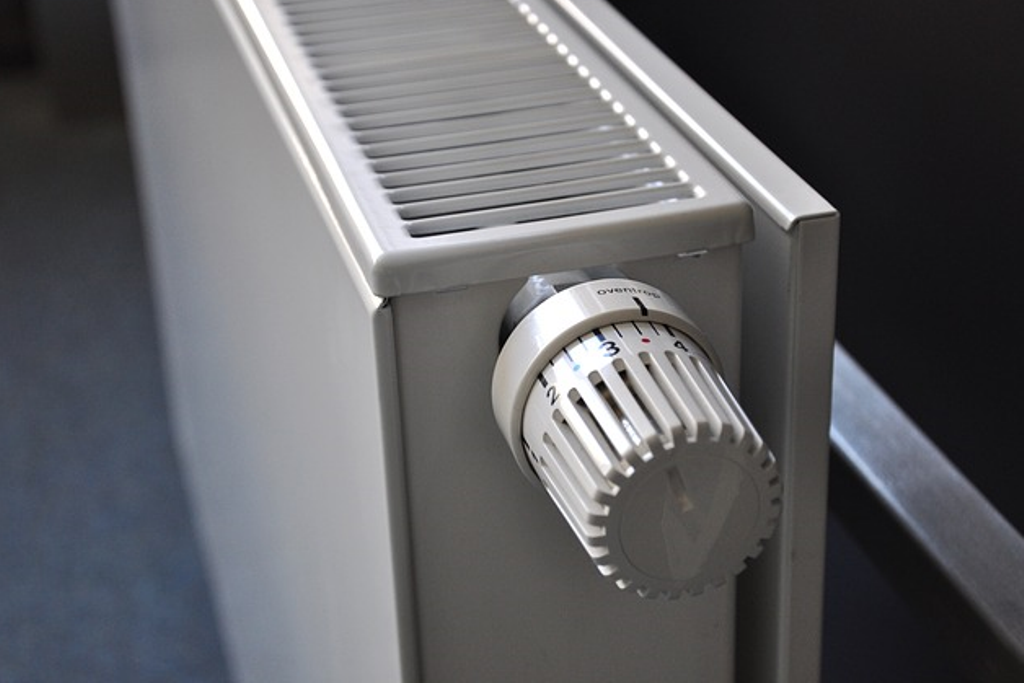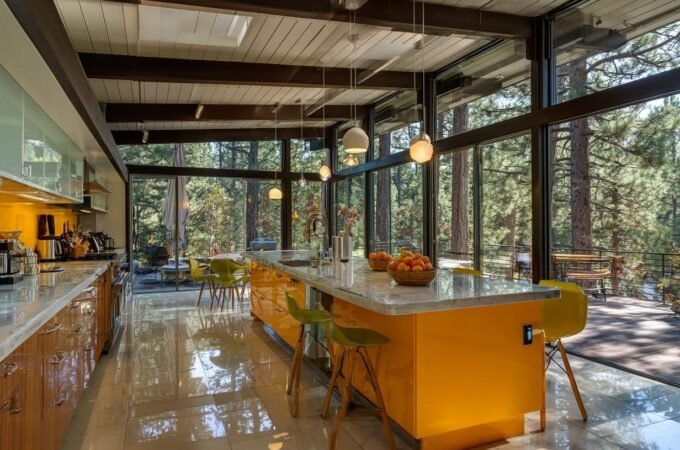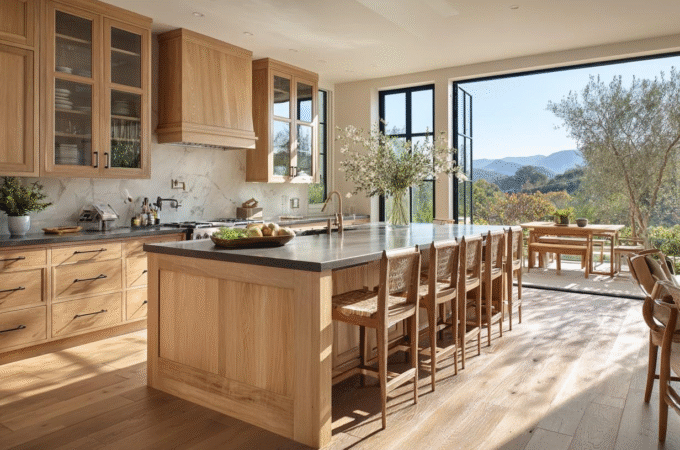
This Year’s Trends in the Heating and Cooling Market
Are you about to start building a new home or getting ready to embark on a major renovation of your current property? If so, while you obviously have a wide variety of elements to think about and plan out, make sure you carefully consider your heating and cooling choices.
It’s vital to outsource electrical work to experienced, trained, licensed professionals who can complete installations safely and to manufacturer specifications. As far as HVAC is concerned, licensed professionals are always needed. If you are becoming an hvac tech, you will also need a license. Check state by state licensing information for hvac techs here. Don’t be tempted to install HVAC systems yourself, as this can void warranties and lead to electrocution and other safety issues. Educate yourself about electrical safety tips today, such as those found at AHS.com.
When it comes to deciding on the actual heating and cooling systems to put into your home, you’ll notice there are a mind-boggling number of products to select from. Your decisions will be based on factors such as not only which units work well and are affordable, but also which will keep your power bills down and run efficiently for many years to come.
One way to choose the best new units for your home is to check out the latest trends in this booming market. Here are some of the key trends making an impact this year.
Products with Motion Sensors
We’ve used products with built-in motion sensors for years now, such as lighting and cameras, but today this technology has made its way into HVAC units. There are multiple benefits to come out of heating and cooling systems that are activated when they detect motion.
For example, this functionality reduces power bills and helps the environment, as energy isn’t wasted getting spaces within a house to a temperate level when no one is around. Motion-sensing systems work by the installation of occupancy sensors around homes, which pass real-time information onto HVAC appliances for optimal efficiency.
Smart Appliances
As you’d imagine with the growth in smart-home technology, these days most HVAC manufacturers are also creating smart air-conditioning and heating units. The main development is that these systems have smart, internet-connected thermostats that make it easy for users to control their home’s temperature via a smartphone, tablet, or computer.

People can set units to heat or cool certain zones of their home while they’re at work or out and about, and arrive home to a temperature perfect for them. Alternatively, users can change temperature settings from the coziness of their beds, by hitting a few buttons on the related HVAC app on their cell phone.
Another benefit of smart HVAC systems is that provide users with accurate, informative, real-time information about temperature zones. In turn, this leads to cost and emission cutting through a reduction of energy usage.
Plus, the newest heating and cooling units also use “first in, last out” tech to tell if, when one person leaves home, anyone else is still present. Even with different users coming and going, the temperature of a home therefore stays consistent and occupants kept comfortable. It also means heating or cooling doesn’t happen for no reason if the house is empty.
HVAC that Boosts Air Quality
Air quality is an increasingly important topic as more and more people face asthma, allergies, and other respiratory issues. The latest HVAC machines are helping with this situation, though, as they monitor and control air quality. Smart sensors better manage air distribution, ventilation, and filtration. They pick up on VOCs (volatile organic compounds, nasty chemicals that can lead to respiratory problems when people are indoors) and other particles that could be cause for concern, including higher-than-normal carbon dioxide levels.
HVAC systems designed to improve air quality push fresh air into a home automatically by sending air through the ventilation system or by starting a fan. Furthermore, occupants can see details about the air quality in their homes by reading the real-time statistics machines make available.
Systems Providing Real-Time Maintenance Alerts
To ensure your heating and cooling systems have a long life, don’t cost you too much in repairs, and work efficiently, they must be well maintained. This task is simpler now because newer units incorporate real-time maintenance alert functionality through intuitive monitoring. You can therefore be proactive about servicing your HVAC before problems occur. Receive alerts on your smartphone or other device apps from sensors in the machine that transmit operational data as required.
Units that Assist People with Limited Mobility
With an aging population, one challenge is how to keep the elderly and infirm in their houses for longer, and with a better quality of life. Citizens with limited mobility (including other people with physical disabilities) often struggle to use the appliances in their properties.

Thankfully, more user-friendly HVAC systems now make this a little easier. Many new products come with voice-controlled thermostats and other features, allowing users to change temperatures, read information, and complete other tasks without the need to rise.
Choosing a heating and cooling system isn’t a quick decision but if you consider the factors mentioned above, you should find the process less daunting. In turn, you’ll soon be enjoying a comfortable temperature in your home without draining lots of power at the same time.




